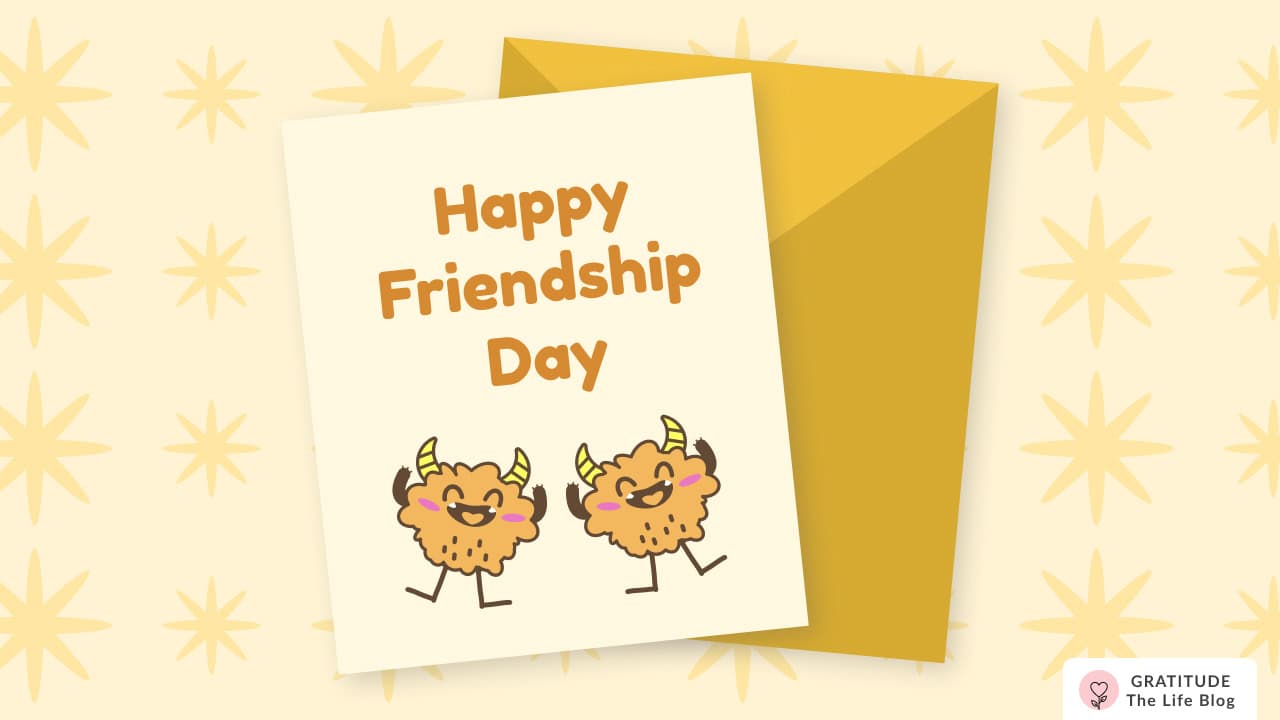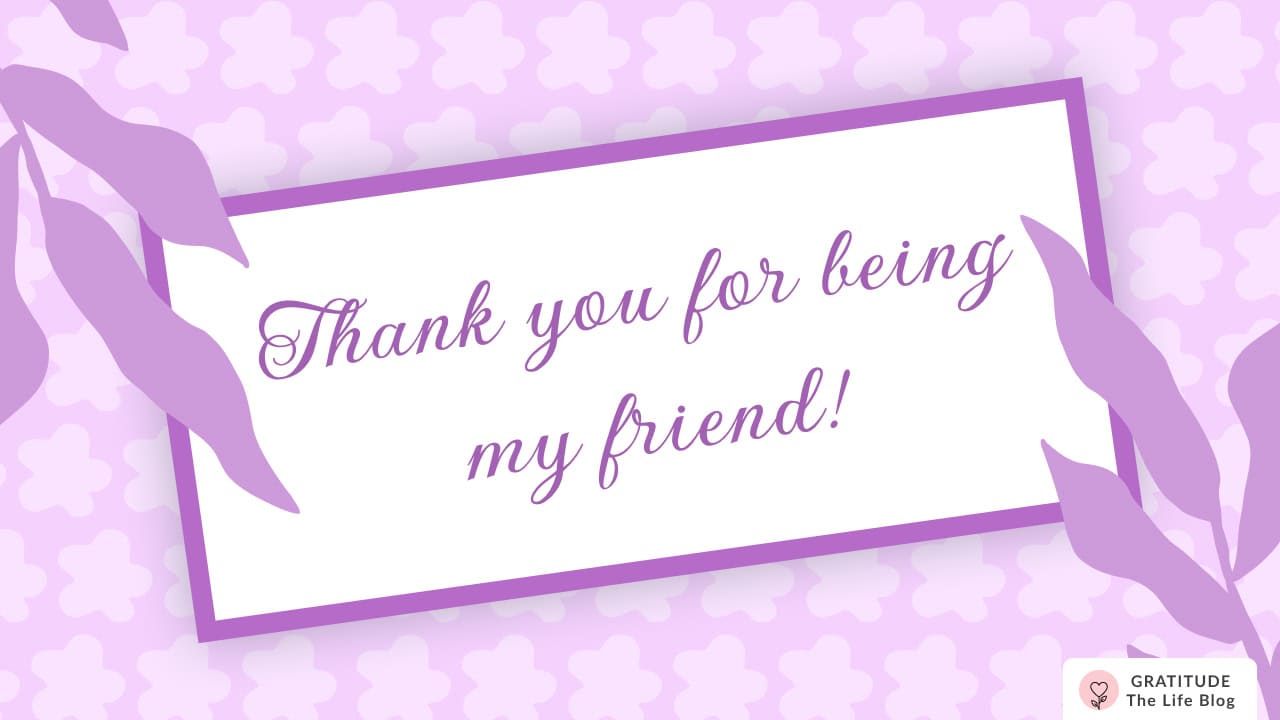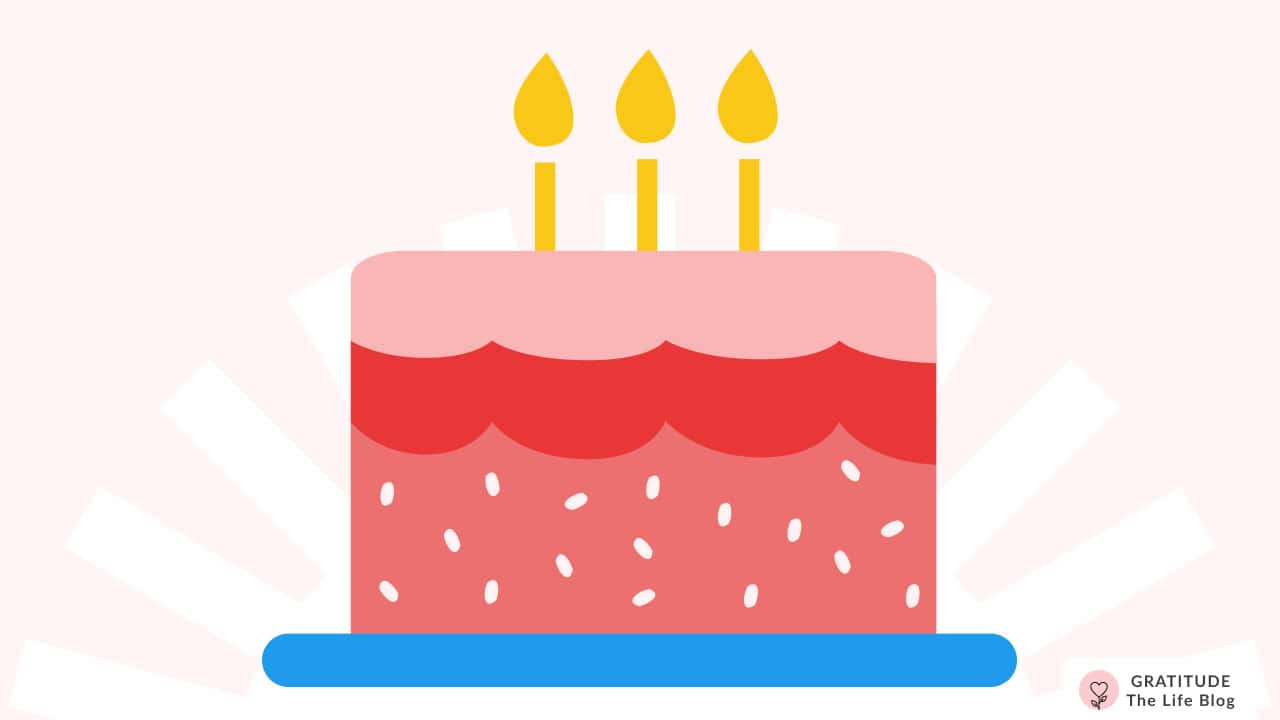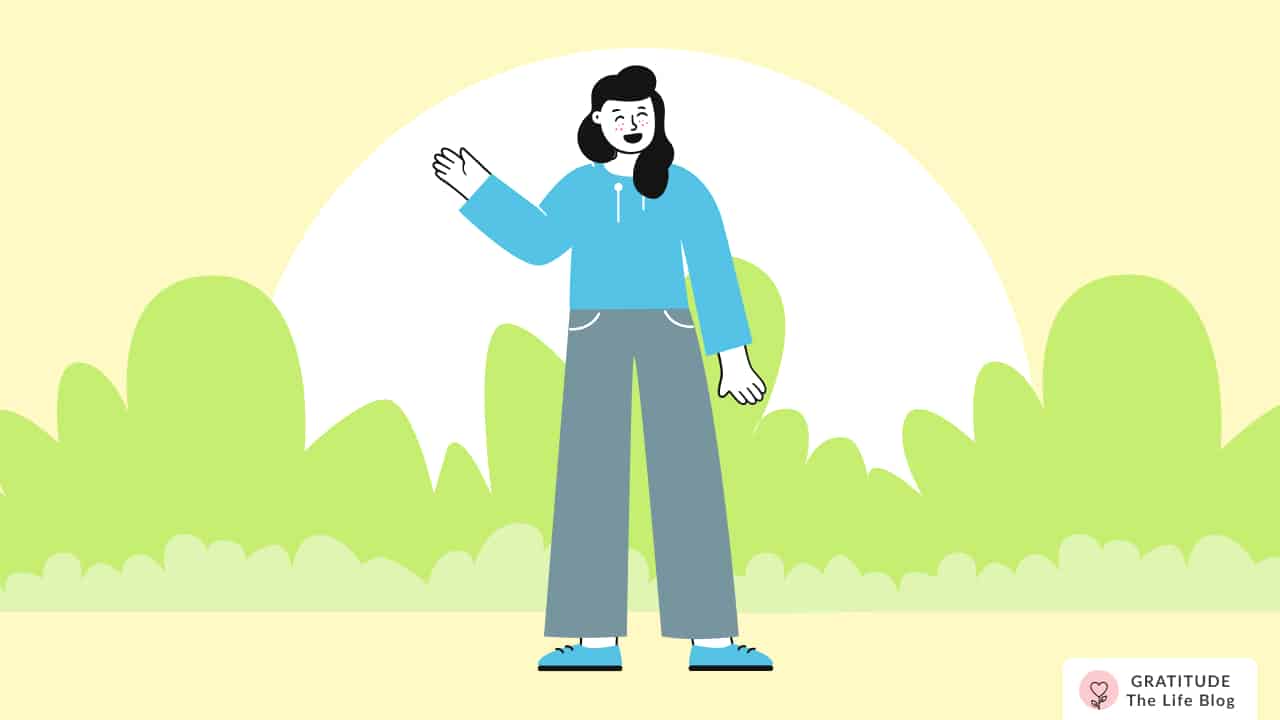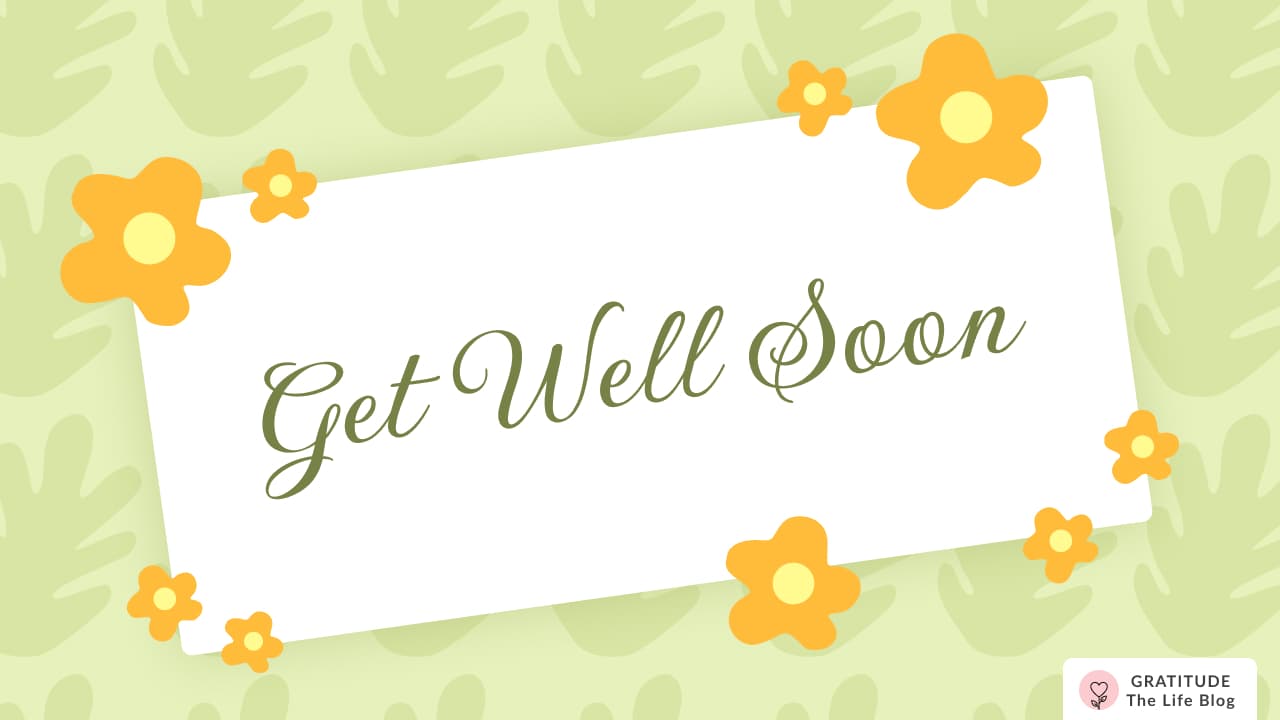9 Easy Tips to Improve Your Active Listening Skills
Here are 9 tips to become a great active listener to others and yourself.
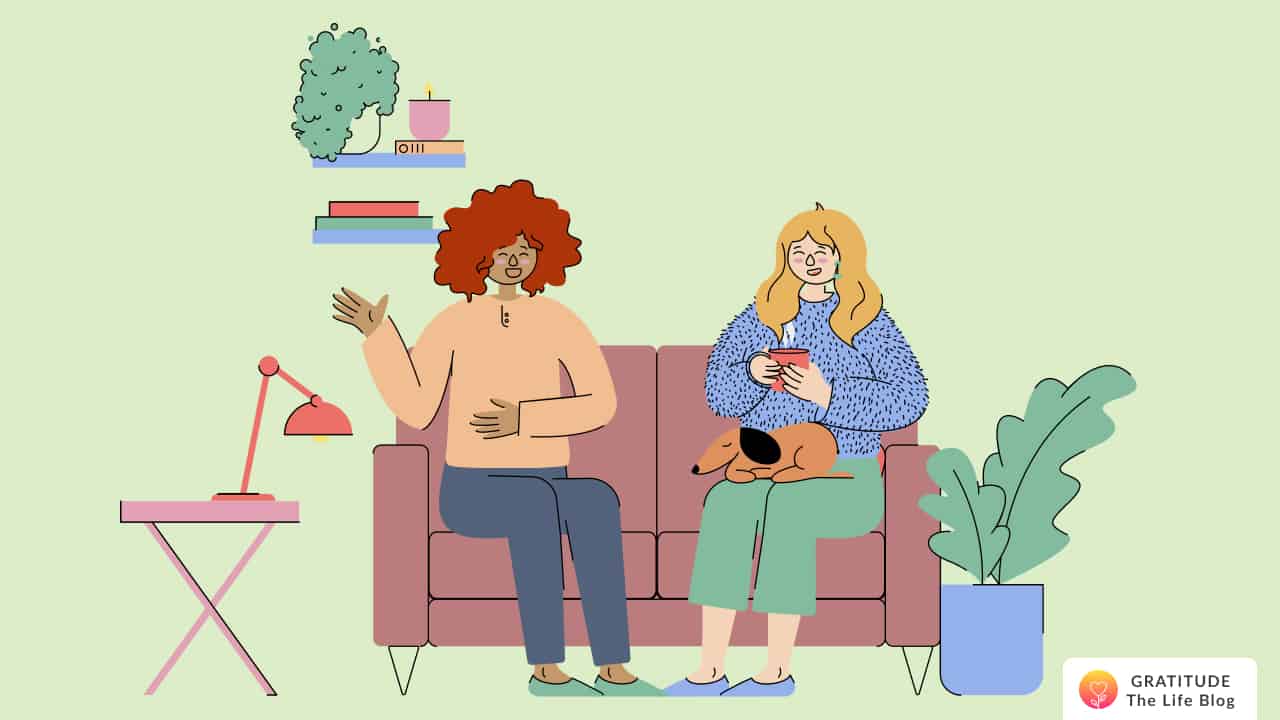
Active listening skills are more important than ever.
Getting through 2020 was one of the hardest things that we did as a society. The feelings of loneliness, hopelessness, fear, stagnation, and constant bad news made it challenging for us to be happy and hopeful, day after day. We sought ways to feel better, whole and loved, to find some source of positive light.
This year brings the hope of new beginnings but the wounds are still fresh. In hard times like these, it becomes essential for us to look out for one another. And, the most helpful thing that we can do for someone in pain is to actively listen to them, with love and empathy.
9 Tips to Improve Active Listening Skills
- Be clear about your limitations first
- Create a comfortable environment for them to let their thoughts and feelings out
- Talk less, listen more
- Give non-verbal encouragement
- Be careful when sharing personal experiences
- Validate them for being vulnerable
- Stay attentive
- Ask. Don’t mind-read.
- Summarize at the end (with gratitude)
1. Be clear about your limitations first
Before letting your friend start speaking about their feelings, be clear if you have the time or energy to listen to them. If you have a work or personal commitment, clearly communicate with them.
If you are in a tough situation yourself and listening to them could worsen your state, tell them that right now it’s hard for you to attend to anyone and you’ll reach out to them when you’ll be ready. Even in between conversations, if something is triggering or traumatic for you, don’t hesitate to express your discomfort.
2. Create a comfortable environment for them to let their thoughts and feelings out
Make sure that where you are is a place without disturbances and that your friend feels comfortable. Let them know that there will be no judgments and that you’re here to listen to anything that they have to say. That you want to be there for them.
3. Talk less, listen more
Listening is not inactivity. As an active listener, don’t worry about saying the right things or filling in silences. Just listening is enough. Feel grateful that your friend trusts you with their vulnerabilities.
You are not required to offer solutions to their problems unless they ask you to. Empathy alone will make their day. If you make someone feel understood and listened to, it is more than enough.
4. Give non-verbal encouragement
Instead of cutting their words to supply your own, do little things like nodding, gently patting on their shoulder, maintaining adequate eye contact, saying “Hmm” and “Okay”. Express yourself through facial expressions and small phrases. It’ll let them know that you are attentive and willing to listen more.
5. Be careful when sharing personal experiences
If you start to talk about yourself, your friend can feel unattended and discouraged to speak more. Instead, you can say things like, “I can totally understand” or “I get what you mean” or “I have also been through a similar experience, so I fully empathize with you”.
If your friend asks you to elaborate, then do, but don’t start telling your story on your own. Keep it short and bring the attention back to them.
6. Validate them for being vulnerable
It takes a great deal of courage to open up to someone and your friend might need reassurance from time to time to keep expressing their thoughts as they let you in their mind.
Put your hand on their shoulder and smile genuinely, make them feel that it’s okay to be vulnerable. Say things like, “I know the amount of bravery it takes to be vulnerable, I am grateful that you’re sharing this with me” or “I’m here, I’m listening to everything that you are saying.”
And, when it feels that they’re restraining themselves, tell them, “You can keep going if you want to, I’m here. Everything that you feel and say is valid.”
7. Stay attentive
If your attention starts to wander after some time, remind yourself that your friend needs you. DO NOT check your phone unless it’s urgent, and in that case, tell them that you’re listening to them and you just have to check one important thing. When you’re done, apologize and ask them to continue.
8. Ask. Don’t mind-read.
If there is anything that you’re unsure about or any assumption that you’re drawing, ask them if you're right. Don’t say anything that sounds judgmental. If there’s something that you don’t understand, clarify it with them. Always be gentle in your tone. One wrong indication could make them hold back and withdraw.
9. Summarize at the end (with gratitude)
When they’ve said all they wanted to, give them a succinct summary of what they shared with you. This assures them that you were carefully listening to them and that you valued their words.
It will also allow them to add to any point and feel satisfied with the experience of sharing their thoughts, feelings, and vulnerabilities with you. Smile at them and express how happy and grateful you are to be their friend and that they chose you to be their listener.
Actively Listening to Yourself
What does it mean to actively listen to yourself? It’s not about all the thoughts that run in your mind or the transient opinions you have about things. Listening to yourself means listening to your true voice.
Don’t let politeness get in the way of standing up for yourself
If someone makes you feel uncomfortable (even if it’s a friend or family member), clearly let them know.
Learn about your core values
What makes you truly happy? Is it service? Is it leadership? Is it humility? Take out time to understand yourself. This will help you in making choices for yourself that will feel true to you.
Don’t confuse your inner critic with yourself
Have you always doubted and criticized yourself? This is a habit that you most probably took from someone else, maybe a parent or teacher.
While striving to do better will help you grow, recognize that your best is not the same every day, and sometimes showing up is all you can do. If you make a mistake, learn from it and move on.
Self-doubt will take opportunities away from you, instead of encouraging you to take the leap. Your true self knows that you did what you could.
Listen to your gut
There’s nothing new here, we all know that when that little voice tells us something, we should listen to it. Here is a reminder to not ignore that feeling. Take note of the red flags and leave when you know it’s time to go. And choose what you feel is right.
Keep doing things that you enjoy
Keep doing things that you enjoy: As we invest our time in productive things, we miss out on doing the things that gave us joy. Do you like painting or writing or biking or baking? How long has it been since you indulged in your hobbies? Whenever you think, “I miss doing...” do it whenever it’s possible.
Alright then! Hope you enjoyed reading. If this was helpful, do consider sharing it with your friends and family. And, subscribe to the blog by filling the form below to receive posts like this one directly to your inbox.
For any suggestions or just a hello, you can reach out to me at aarushi@gratefulness.me.
Have a marvelous day!
Continue Reading: 40 Ways to Show Your Partner You Love and Appreciate Them








